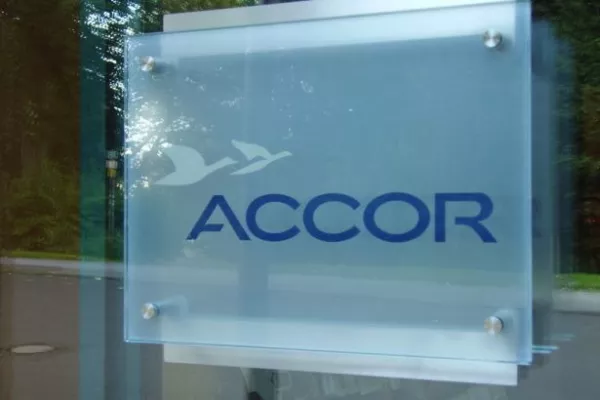The winter blues have dug in. Fancy some sunshine? So does Accor.
It said Sunday it's in talks to acquire Travel Keys, a broker of private luxury villas in locations including the US, Caribbean and Mexico.
But this is not just about getting away from it all: After last year's acquisition of Onefinestay, an upmarket competitor to Airbnb Inc., Accor is doubling down on the sharing economy. It's also investing for the future, and shareholders should give this approach to peak hotels some credit.
The potential acquisition is really tiny. Accor hasn't disclosed a value, but analysts at Bryan, Garnier & Co. estimate that the price could be just over €10 million. The company said it paid about €150 million for Onefinestay.
With Airbnb flooding the lodging market with capacity, together with the increasing might of the online booking agents, which demand a share of revenue in return for listings, hotel operators are having to dig deep to compete, as Gadfly has argued.
A recent spate of merger and acquisition activity between traditional operators has partly been driven by the need to generate economies of scale and cut prices to fend off the nimbler rivals.
Accor is taking a different route: diversifying into the private rental vacation market itself.
Although it's probably a little late in the day to have woken up to the threat of Airbnb, that Accor is taking any action at all deserves some credit. There is only so much that can be achieved by cost cutting: investment is also necessary for businesses to evolve, particularly if they want to sneak into niche markets or those favored by millennials.
But there are synergies at play here too. Combining Travel Keys, Onefinestay and the purchase last year of 49 percent of European vacation rental business Squarebreak helps Accor generate more buying power for this embryonic division.
That adds economies of scale when it comes to arranging concierge services for these upscale properties. Indeed, managing these villas and apartments so that they live up to their luxury billing is one of the challenges with Accor's strategy.
Another is simply making the finances work. Onefinestay is loss-making to the tune of about €15 million to €20 million a year and won't break even until 2019, with a planned expansion to 40 more cities. Getting this to pay off will require financial discipline - while the three deals together will add about 8,500 properties, the pay-off from the investment will take time. But investors should give Accor the benefit of the doubt.
So far, however, they are not giving Accor much credit -- its shares were down 0.3 per cent on Monday. The company trades on about 10 times enterprise value to earnings before interest, tax, depreciation and amortization, whereas InterContinental Hotels Group Plc is on 13 times.
That may be boosted by takeover speculation around InterContinental. While Accor's been a consolidator so far, it's also been named as a potential takeover target in a Bloomberg survey. Ignoring the potential from Accor's nascent division may prove short-sighted.
This column does not necessarily reflect the opinion of Bloomberg LP and its owners.
News by Bloomberg, edited by Hospitality Ireland









